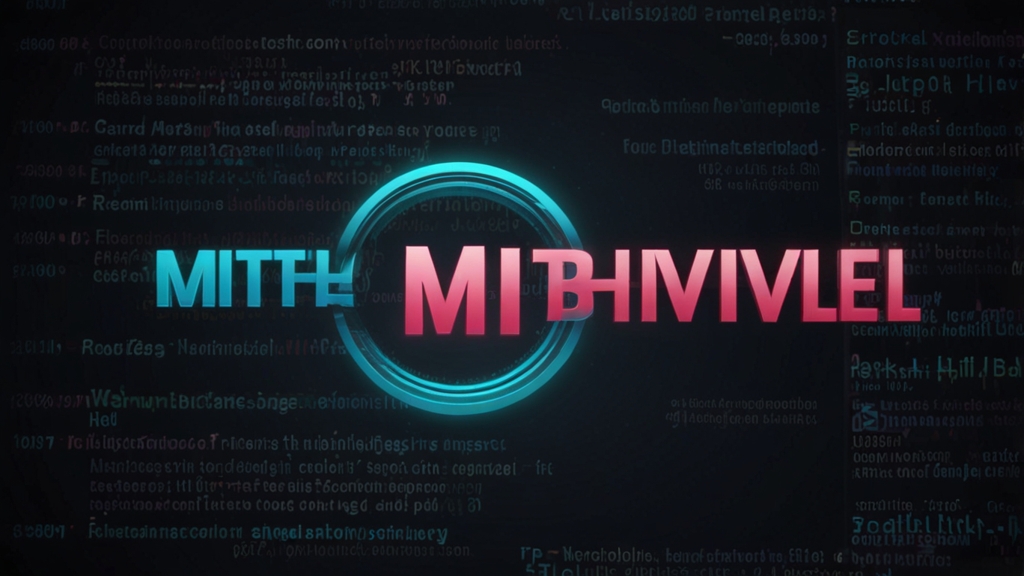The Role of Blockchain in the Future of Mobile Apps
Blockchain technology, once the sole domain of cryptocurrencies like Bitcoin and Ethereum, is rapidly transcending its origin to revolutionize various industries. Among these industries, the mobile app ecosystem stands out as a particularly fertile ground for blockchain’s transformative potential. In this article, we examine the role of blockchain in the future of mobile apps, analyzing its ability to enhance security, foster transparency, and enable decentralization.
Enhancing Security
Security remains a paramount concern in the realm of mobile apps. From sensitive personal information to financial data, mobile applications often store and transmit critical information that requires robust protection. Blockchain’s distributed ledger technology ensures that data is stored across multiple nodes, making it nearly impossible for malicious actors to alter or tamper with the information. This decentralized approach significantly mitigates the risks of data breaches and hacking.
"In a world where data breaches have become alarmingly frequent, blockchain offers a decentralized and highly secure solution for safeguarding sensitive information." — Cybersecurity Expert
Furthermore, blockchain's immutable nature ensures that once a transaction is recorded, it cannot be altered. This immutability is particularly advantageous in protecting against fraud and ensuring the integrity of user data. By integrating blockchain into mobile apps, developers can offer enhanced security features that not only protect user data but also build trust and credibility.
Fostering Transparency
Transparency is another significant benefit that blockchain brings to mobile apps. Traditional centralized systems often obscure transaction details, creating opportunities for fraud and corruption. In contrast, blockchain records all transactions openly on a public ledger, which can be accessed and verified by any participant. This transparency fosters a new level of trust between users and app developers.
For example, in mobile apps offering financial services, such as peer-to-peer lending or crowdfunding platforms, users can verify all transactions and ensure that their investments are handled appropriately. Blockchain's transparency also enhances compliance with regulatory standards, providing an auditable trail that can be easily inspected by regulators and stakeholders.
"Blockchain’s transparency not only instills trust among users but also paves the way for regulatory compliance and ethical practices within mobile apps." — Fintech Analyst
Enabling Decentralization
One of the most revolutionary aspects of blockchain technology is its ability to enable decentralization. Traditional mobile apps often rely on centralized servers, creating single points of failure and potential bottlenecks. Blockchain's decentralized framework distributes data and control across multiple nodes, enhancing the app’s resilience and reliability.
Decentralization also eliminates intermediaries, reducing costs and increasing efficiency. For instance, in mobile payment apps, blockchain can facilitate direct peer-to-peer transactions without relying on banks or financial institutions. This not only speeds up transactions but also reduces fees, making financial services more accessible and affordable.
Future Prospects
The integration of blockchain technology into mobile apps is still in its nascent stages, but the potential is enormous. As blockchain continues to evolve, we can expect to see more innovative applications that harness its capabilities. Decentralized finance (DeFi) apps, secure voting systems, and transparent supply chain management tools are just a few examples of how blockchain can transform mobile applications.
Moreover, as smartphone adoption continues to rise globally, the demand for secure, transparent, and decentralized mobile apps will only grow. Blockchain’s ability to meet these demands positions it as a cornerstone technology in the future of mobile apps.
Conclusion
In conclusion, blockchain technology is poised to play a crucial role in the future of mobile apps. Its unparalleled security features, inherent transparency, and capacity for decentralization offer promising solutions to many of the current challenges faced by mobile app developers and users. As the technology matures and adoption increases, we are likely to see an even greater impact of blockchain on the mobile app ecosystem. Developers and businesses that recognize and leverage these advantages will be well-positioned to lead the next wave of innovation in the mobile app industry.
"The future of mobile apps is decentralized, transparent, and secure, thanks to the transformative potential of blockchain technology." — Tech Visionary











